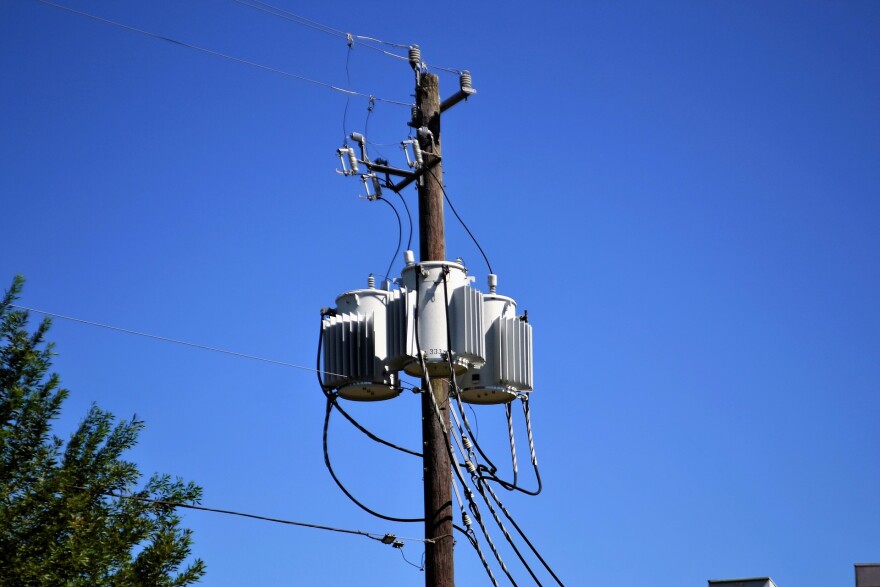Black Hills Corp. and NorthWestern Energy Group agreed to combine in an all-stock, tax-free merger to create a regional regulated electric and natural gas utility company.
The merged company has a combined enterprise value of $15.4 billion. Under the agreement announced Tuesday, NorthWestern shareholders will hold approximately 44% of the company, and Black Hills shareholders 56%.
The merger doubles the rate bases and provides increased investment opportunities, according to a joint statement from the companies. That includes doubling each company's rate base to a total $11.4 billion — $7 billion for electric and $4.4 billion for natural gas. That could serve over two million customers across eight states across both utilities.
The companies say creating a multi-state utility platform is a benefit to the public by reaching more customers and delivering more value, as well as plans to work towards long-term emissions reduction.
Linn Evans is the President and CEO of Black Hills Energy.
"We’ve got two tremendous organizations in my humble opinion. They’re very focused on customers, very focused on growing our communities and helping them to grow. We are the lifeblood of our communities when it comes to energy," Evans said. "We take that incredibly seriously, and by combining these organizations together we think we can do that better every day.”
He added that the name Black Hills Energy will change after 143 years. The new company will still be based in the Black Hills.
Brian Bird is the President and CEO of NorthWestern Energy. He said as with any merger, some job cuts are expected to occur. Those are primarily expected to come from duplicate positions.
“What we would typically would do is both organizations try to accomplish any reduction in force through attrition we have through retirements and other means. You know, upwards of 5% of our workforce changes over an every-year basis," Bird said. "We hope that those duplicated jobs could be dealt with through attrition. But, like I continue to say, internally and externally we need to have more people to help us solve problems to compete with larger utilities. And that’s something that people don’t talk about much. Why would you need to compete?”
He said utility companies compete for jobs, bringing business to the state, people and more. Bird said, “being a larger organization is going to be help us to be better at that competition.”
While the companies are announcing the merger now, the transaction won't be officially closed for at least a year, with a current expected timeline of 12-15 months. To do so, they need clearance under the Hart-Scott Rodino Act, approval from each company's shareholders and regulatory approvals from commissions in multiple states, including Montana, Nebraska, South Dakota and potentially Arkansas, and the Federal Energy Regulatory Commission.


